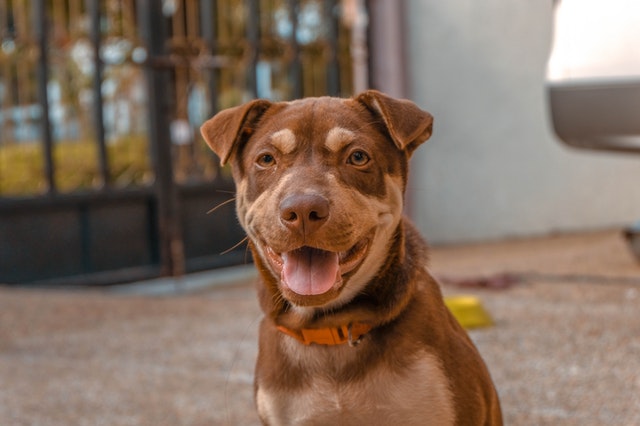Learn the signs that indicate your senior dog may have a larger health problem at play.
By Teri Goodman
10 Signs Requiring Immediate Veterinary Attention
Take your dog to the veterinarian immediately if you see any of these signs:
1. Blue tongue
2. Bloody diarrhea
3. Collapse/fainting
4. Difficulty breathing
5. Explosive vomiting
6. Pale gums
7. Profuse bleeding
8. Retching with no vomit
9. Seizure
10. Sudden swelling of abdomen
40 Subtler Signs You Shouldn’t Ignore
Staying alert to subtle signs of possible disease helps you get an early diagnosis and maximum benefit of treatment for your senior dog. You know what’s normal for your dog. If something seems unusual, don’t assume it’s “just old age.” Get a checkup, ideally within 24 hours. Carefully and completely describe the signs that concern you so your veterinarian can properly examine your dog and do the tests necessary for diagnosis.
Things You Can See
1. Bleeding gums
2. Blood in the stool or urine
3. Change in eye color or opacity
4. Change in tongue or gum color
5. Dark brown stains or buildup on teeth
6. Distended abdomen
7. Dry, flaking skin
8. Loss or thinning of coat
9. Lumps or bumps on or just under skin (regular massage helps find these)
10. A mass anywhere on or protruding, even minimally, from the body
11. Sores that won’t heal
12. Unusual discharge from the mouth, ears, eyes, or anus
13. Weight gain or loss without change in diet
Your Dog’s Bodily Functions
14. Change in sleeping/waking patterns
15. Coughing or raspy breath
16. Diarrhea (for more than 24 hours)
17. Difficulty defecating or urinating
18. Difficulty eating or swallowing
19. Difficulty walking or climbing stairs
20. Excessive drinking
21. Excessive panting unrelated to level of exercise
22. Excessive urination
23. Lethargy
24. Unusual hunger
25. Unusual odor
26. Vomiting (for more than 24 hours)
How Your Dog Acts
27. Aimless wandering or pacing; getting “lost” behind furniture or in corners
28. Bumping into objects in unfamiliar environments
29. Change in relationships with family (e.g., not seeming to recognize people)
30. Falling on the last step in a flight of stairs
31. Frequent head shaking
32. Frequent rubbing, biting, or licking at a body part
33. Moping or seeming depressed
34. Refusal to eat or drink
35. Squinting or seeming to be overly sensitive to light
36. Uncharacteristic aggression
37. Uncharacteristic barking or whining
38. Uncharacteristic refusal to walk, run, climb stairs, or get into the car or onto furniture
39. Uncharacteristic wincing when moving or when touched
40. Unusual anxiety (e.g., upon separation)





